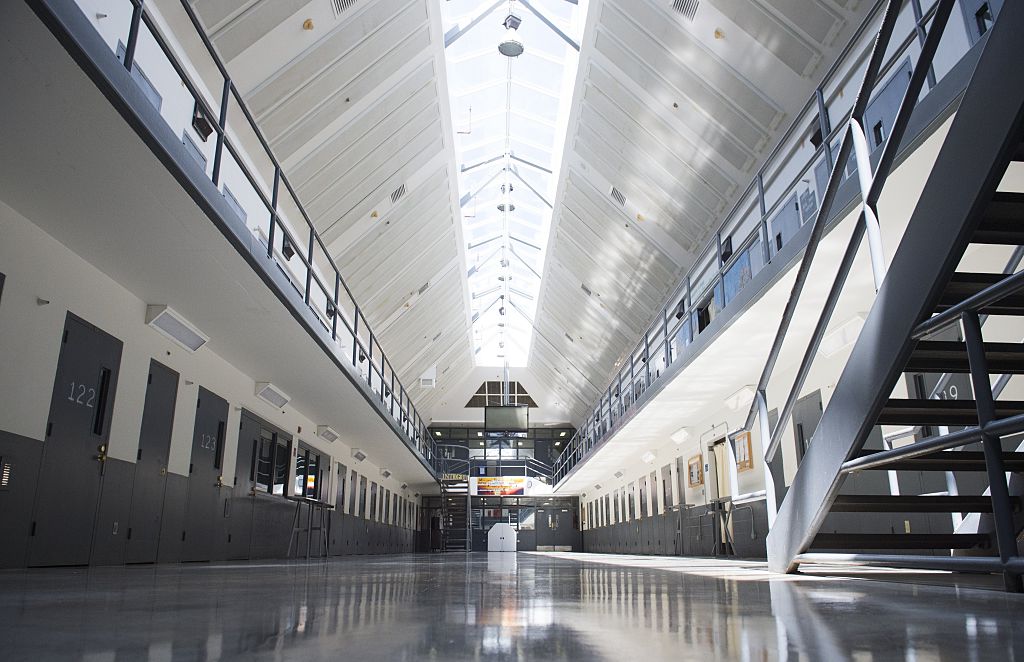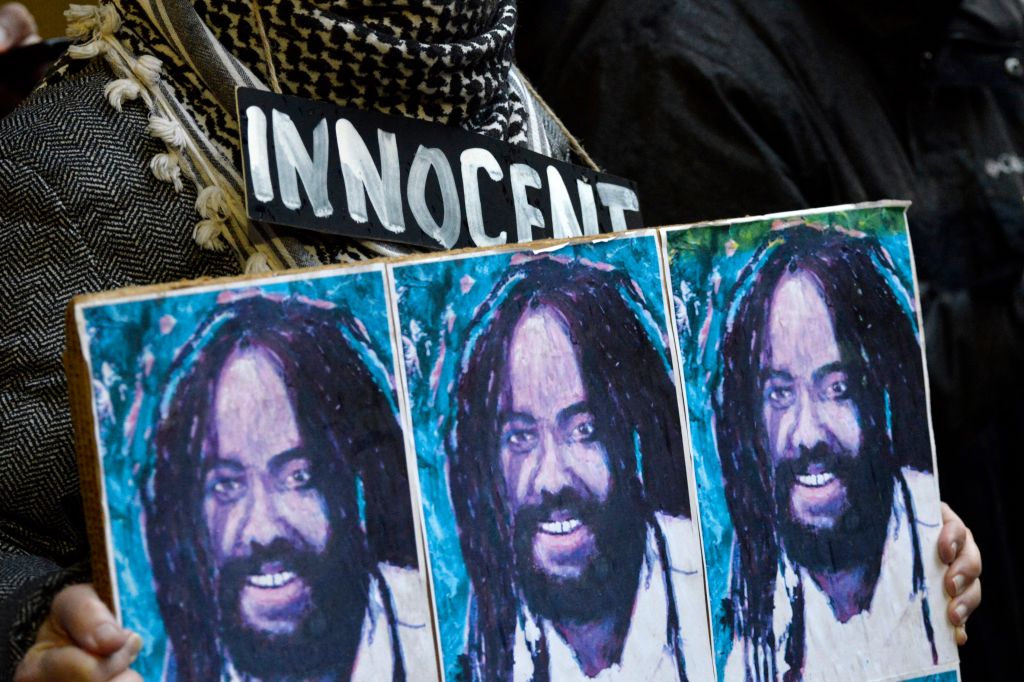Op-Ed: With Prison Reform, A Second Chance Should Be Our First Choice

A prison cell block is seen at the El Reno Federal Correctional Institution in El Reno, Oklahoma, on July 16, 2015. | Source: SAUL LOEB / Getty
August 2024 will mark two years since my daughter, Michelle was released from prison. Even though we have both been through so much these past thirteen years of her incarceration, in some ways, her life is just beginning.
On April 9, 2009, my daughter was sentenced to life in prison for a murder she didn’t commit. No mother should go through what I have, and no daughter should endure what she has. It wasn’t just that day when I heard the judge sentence my daughter to life that my heart broke. It was the thousands of other days filled with millions of agonizing moments of unrest, terror, panic and defeat I experienced as I worked tirelessly to get my daughter justice and to make sure that she would have a life once she got out.
When a person is released from prison, they are walking into a new existence. One that, ironically, may be harder than the one they left behind bars. Why? Our legal system wants to keep people chained to their past.
It shouldn’t be this way.
According to the National Reentry Center, there are “40,000 state and federal legal and regulatory restrictions that limit or prohibit people convicted of a crime or adjudicated for a delinquent act from accessing employment, business and occupational licensing, housing, voting, education, and other rights, benefits, and opportunities.” That’s forty thousand ways to hear ‘no’, when you’re looking for just one ‘yes.’ It is hard enough to have the mental energy to go to the bank to open a checking account, without having to face barriers, prejudices, stigmas and actual regulatory restrictions every step of the way. From getting a job, to renting an apartment to buying groceries or simply voting, people need help.
April is Second Chance month. I was forced to take this call; many of us can do so on our own – and should. We have to understand that once someone completes their sentence, they deserve a second chance at living – to make money, get an education, and participate in our democracy. People want to rebuild their lives. They want to be a part of society and do something that is meaningful. They do not want to feel like they are still behind bars with little to no chance of flourishing.
Michelle earned her degree; she graduated from Life University. She began studying while still incarcerated. She probably could have done this on her own, but my daughter had me by her side encouraging her to keep going. She had help.
With my daughter’s release, I’m working to get my own life back together. I’m constantly asking God, “What was all this for? What does it mean? Where do I go?” As I put the puzzle pieces together, I see the big picture: helping others.
There are still hundreds of “Michelle”s behind bars. I never forget about those ladies that are still in there. I didn’t want to say, “Goodbye, see you later” just because my daughter was free. Now, I advocate for them. I give them a branch of humanity upon which to grab hold. I continue to fight for their second chance. I believe we all can.
I knew I wasn’t going to let my daughter down. I also knew I couldn’t help her on my own. I leaned on my belief in God. Faith was key. I truly couldn’t be here without it or without prayer – that was of the utmost importance. I also turned to community. It wasn’t easy.
There is a lot of shame, embarrassment and fear that rises up when you have to share this type of reality with others. There can be a lot of judgment, but United Women in Faith helped me emotionally and encouraged me to offer my testimony. Once I put it out there that I needed help, it started rolling in. When others learned about Michelle’s education costs, they donated $2,000 toward her books. With my prison ministry, I made an ask for suitcases. We received 80. That wouldn’t have happened without United Women in Faith.
Believe me, having a group of people on your side gives you discipline and spiritual friendship. When things get tough, people will stand by you. United Women in Faith helped get me connected to the National Council for Incarcerated and Formerly Incarcerated Women and Girls, build my skills and share my story. I eventually became an advocate at the Georgia State Capitol for the conviction integrity unit which ultimately helped with Michelle’s release. I’m a leader in United Women in Faith, a board member of Georgians for Alternatives to the Death Penalty, and a part of End Mass Incarceration Georgia. There are many organizations to turn to for help. The National Institute of Corrections offers a list here of justice-involved women’s programs. You may also check locally.
Participating in Second Chance month can feel overwhelming or even unnecessary if you haven’t been affected by the carceral system as I have. However, there are two things I’ve identified in my work that help women (and others) after release. The number one thing is finding someplace to stay. If women have this, it is a good start, and they don’t have it as hard. The other is to show value in a person. I show these women that they have worth; that they are wonderful human beings. For example, I write to them – even if there is no response – because you never know what impact you have on their lives. Helping someone have a second chance doesn’t have to be a family matter, as it was for me and Michelle; rather, it can be you letting someone else know they matter and that life is waiting for them.
Cynthia Morrison Holland is a mother, advocate and member of United Women in Faith.
SEE ALSO:
DOJ Deems 3 Mississippi Prisons Unconstitutional For ‘Violent And Unsafe Conditions’
Stopping The School To Prison Pipeline: How Philadelphia Is Diverting Youth From The Legal System
The post Op-Ed: With Prison Reform, A Second Chance Should Be Our First Choice appeared first on NewsOne.





